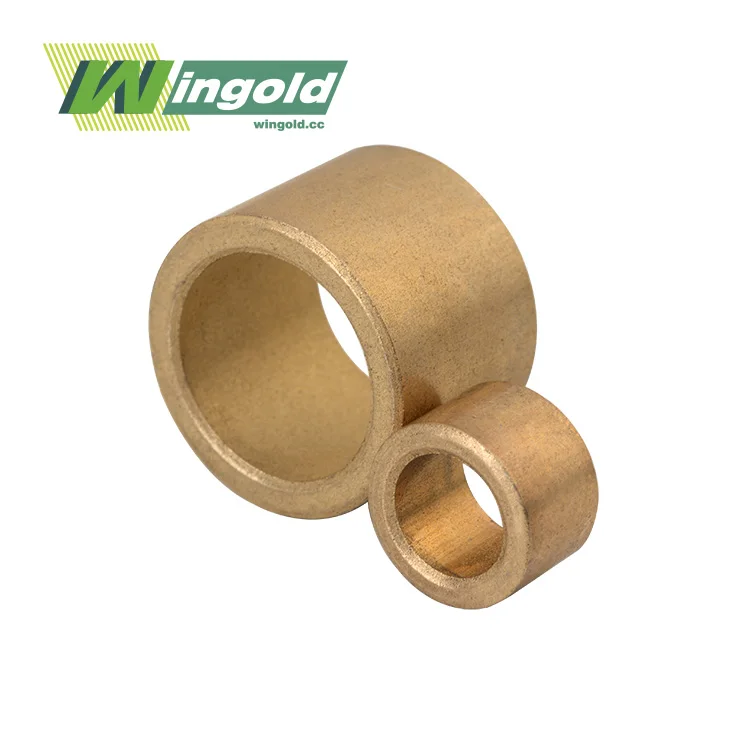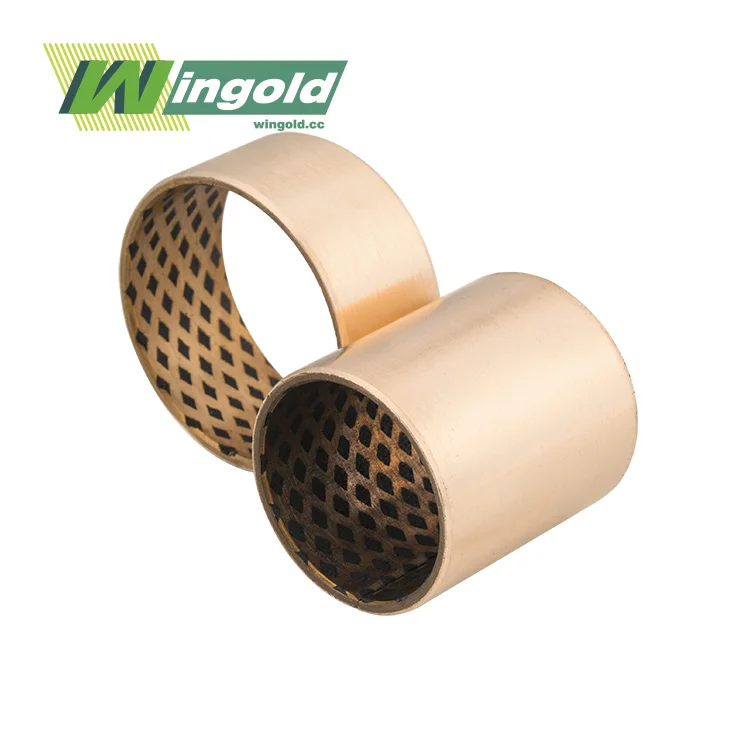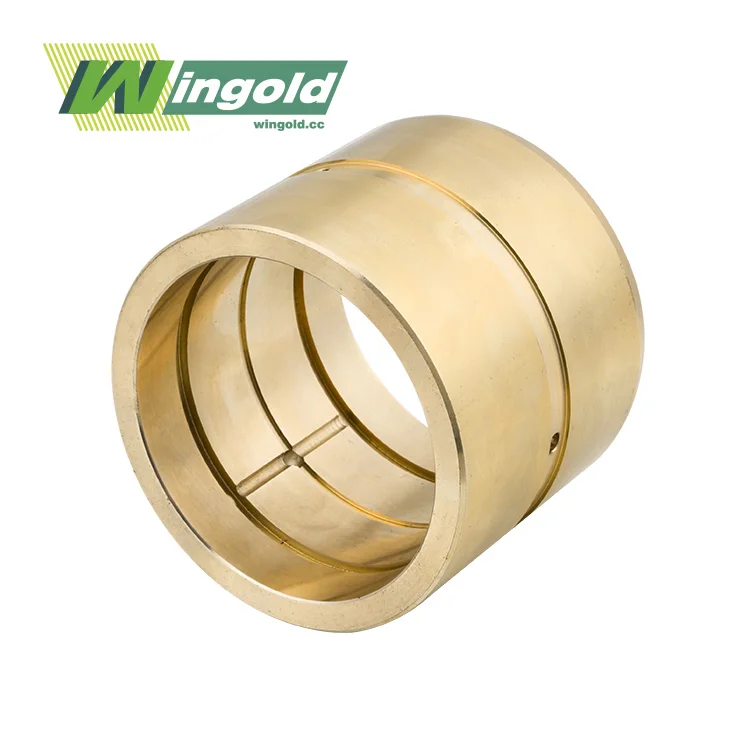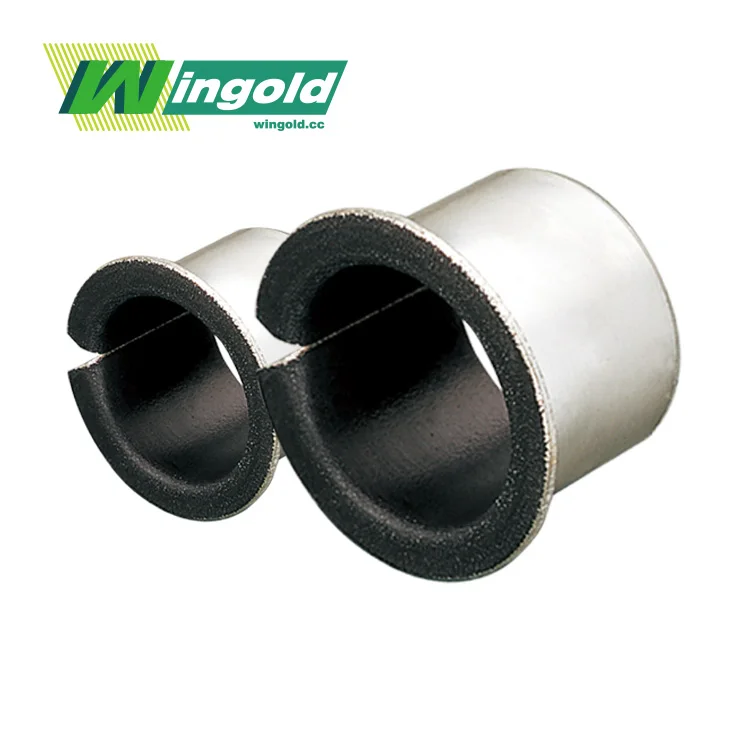The Importance of PTFE Coated Washers in Food Processing Equipment
 PTFE coated washers have become indispensable components in modern food processing equipment. Their unique properties make them particularly suitable for this industry, where hygiene, safety, and efficiency are paramount. Let's delve into the key reasons why these washers are so valuable in food processing applications:
PTFE coated washers have become indispensable components in modern food processing equipment. Their unique properties make them particularly suitable for this industry, where hygiene, safety, and efficiency are paramount. Let's delve into the key reasons why these washers are so valuable in food processing applications:
Superior Chemical Resistance
One of the standout features of PTFE coated washers is their exceptional resistance to a wide range of chemicals. In food processing environments, equipment is frequently exposed to various cleaning agents, sanitizers, and food acids. PTFE's chemical inertness ensures that these washers remain unaffected by such substances, preventing degradation and maintaining their integrity over time. This resistance not only extends the lifespan of the equipment but also eliminates the risk of chemical contamination in food products.
Non-Stick Properties
The non-stick nature of PTFE is another crucial advantage in food processing applications. PTFE coated washers resist the accumulation of food particles, bacteria, and other contaminants on their surface. This property significantly reduces the risk of cross-contamination and makes cleaning and sanitizing processes more effective. The smooth surface of these washers also minimizes friction, reducing wear and tear on machinery and improving overall equipment efficiency.
Temperature Stability
Food processing often involves extreme temperature variations, from freezing to high-heat cooking. PTFE coated washers exhibit remarkable stability across a wide temperature range, typically from -200°C to +260°C. This stability ensures that the washers maintain their properties and performance regardless of the thermal conditions they're exposed to, making them suitable for use in various food processing applications, from refrigeration units to ovens and sterilization equipment.
Applications of PTFE Coated Washers in Food Processing Machinery
The versatility of PTFE coated washers makes them suitable for a wide array of applications within the food processing industry. Here are some key areas where these components prove particularly valuable:
Mixing and Blending Equipment
In industrial mixers and blenders, PTFE coated washers are often used in sealing applications. Their low friction properties allow for smooth operation of moving parts, while their chemical resistance ensures they can withstand exposure to various food ingredients and cleaning agents. These washers help prevent leaks and contamination, maintaining the integrity of the mixing process.
Conveyor Systems
Conveyor belts are ubiquitous in food processing facilities, and PTFE coated washers play a crucial role in their operation. These washers are used in bearing assemblies and roller mechanisms, providing smooth, low-friction movement. Their non-stick properties prevent food residue buildup, ensuring hygienic operation and reducing maintenance requirements.
Packaging Machinery
In packaging equipment, precision and cleanliness are paramount. PTFE coated washers are used in various components of packaging machines, including sealing mechanisms and guide rollers. Their chemical resistance protects against degradation from packaging materials and sterilizing agents, while their low friction properties contribute to smooth and accurate packaging operations.
Ensuring Compliance with Food Safety Regulations
The use of PTFE coated washers in food processing equipment is not just about performance; it's also a matter of regulatory compliance. These components play a significant role in helping manufacturers meet stringent food safety standards:
FDA Compliance
PTFE coated washers used in food processing equipment must comply with FDA regulations, particularly 21 CFR 177.1550, which covers perfluorocarbon resins. This regulation ensures that the materials used are safe for food contact applications. Reputable manufacturers like Wingold Bearing Co., Ltd. ensure that their PTFE coated washers meet these regulatory requirements, providing peace of mind to food processing equipment manufacturers and operators.
HACCP Principles
The use of PTFE coated washers aligns with Hazard Analysis and Critical Control Points (HACCP) principles. Their non-stick and easy-to-clean properties help in maintaining hygienic conditions, reducing the risk of biological, chemical, and physical hazards in food production. By incorporating these washers, manufacturers can demonstrate their commitment to food safety and quality control.
Maintenance and Documentation
To ensure ongoing compliance, it's crucial to maintain proper documentation regarding the use and maintenance of PTFE coated washers in food processing equipment. This includes keeping records of washer specifications, installation dates, and regular inspection results. Such documentation not only aids in internal quality control but also facilitates smooth regulatory audits and inspections.
Conclusion
PTFE coated washers have emerged as essential components in the food processing industry, offering a unique combination of safety, efficiency, and regulatory compliance. Their superior chemical resistance, non-stick properties, and temperature stability make them ideal for use in various food processing applications, from mixing equipment to packaging machinery. By incorporating these high-performance washers, manufacturers can enhance the safety and reliability of their food processing equipment while meeting stringent industry regulations.
As the food processing industry continues to evolve, the demand for advanced, hygienic components like PTFE coated washers is likely to grow. Manufacturers and equipment operators should stay informed about the latest developments in this field to ensure they're utilizing the best possible solutions for their specific needs. For more information about PTFE coated washers and their applications in food processing equipment, please contact us at info@wingold.cc.
FAQs
Are PTFE coated washers safe for direct food contact?
Yes, when manufactured in compliance with FDA regulations, PTFE coated washers are safe for food contact applications.
How often should PTFE coated washers be replaced in food processing equipment?
The replacement frequency depends on the specific application and usage conditions. Regular inspections should be conducted to assess wear and tear.
Can PTFE coated washers withstand high-pressure cleaning processes?
Yes, these washers are designed to withstand high-pressure cleaning and sterilization processes commonly used in food processing facilities.



